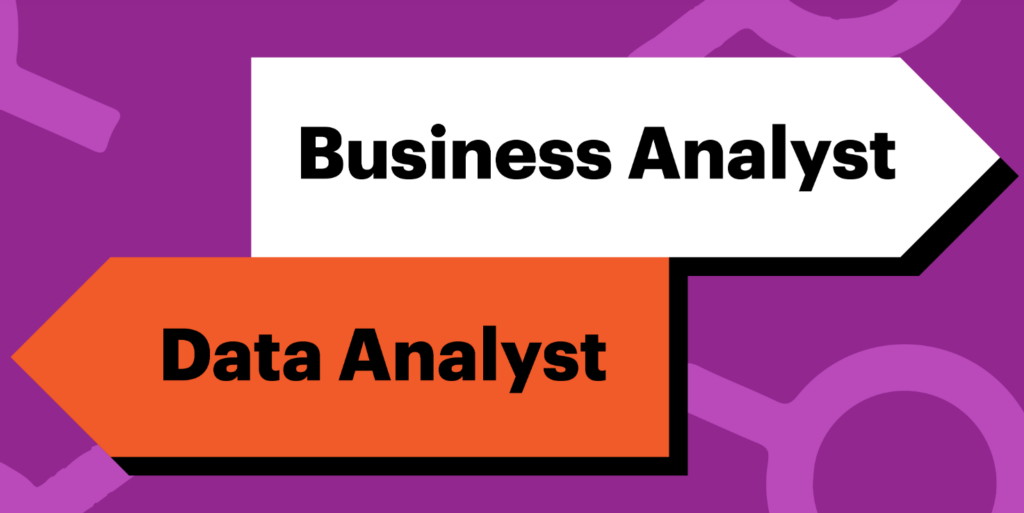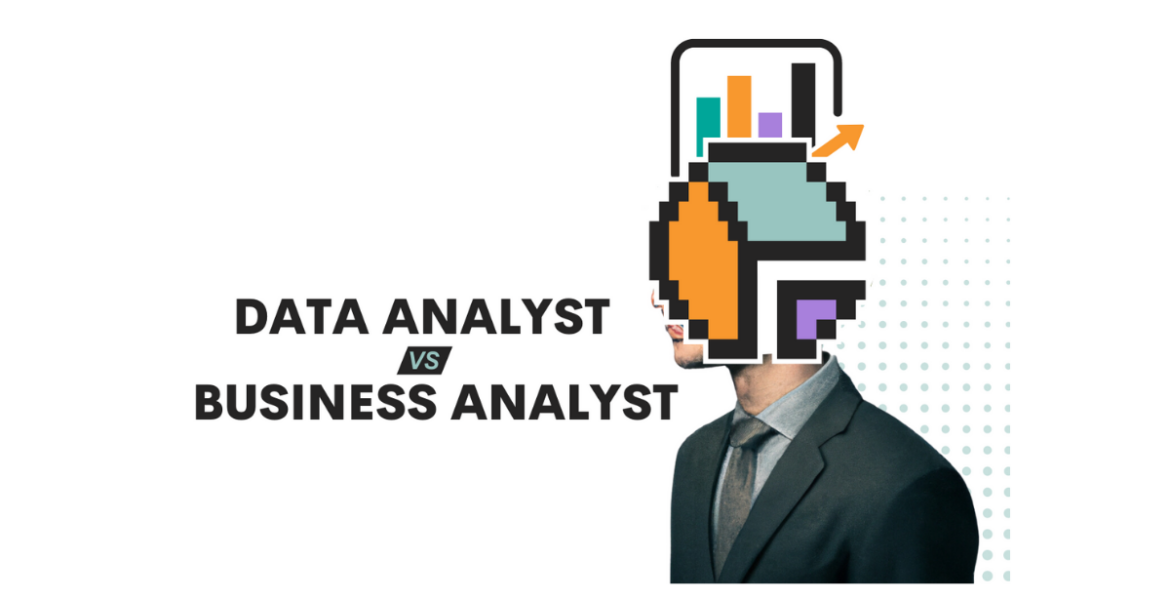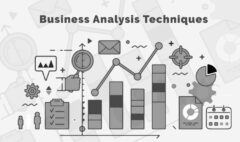Business Analyst Vs. Data Analyst – Which Is Better?
In the ever-evolving landscape of the business world, two roles have gained significant prominence which are Business Analysts and Data Analysts.
Both positions play critical roles in helping organizations make informed decisions, but they have distinct focuses and responsibilities.
If you’re considering a career switch or aiming to enter the world of analytics, the choice between becoming a Business Analyst or a Data Analyst is a crucial one.
Today, we’ll explore the key differences between these roles and how the Digital Business School (DBS) can help career switchers embark on a successful journey in either field.
Business Analyst vs. Data Analyst – Understanding the Differences
| Aspect | Business Analyst (BA) | Data Analyst (DA) |
| Primary Focus | Act as a bridge between business needs and solutions. | Focus on collecting, processing, and analysing data. |
| Goal | Identify and analyse business problems, opportunities, and objectives. | Extract actionable insights from data. |
| Key Responsibilities | Requirement gathering and analysis. | Data collection and cleansing. |
| Stakeholder engagement and management. | Data analysis and interpretation. | |
| Business process modelling and improvement. | Data visualization and reporting. | |
| Solution design and implementation support. | Statistical modelling and hypothesis testing. | |
| Project management and coordination. | Data-driven decision support. | |
| Tools and Techniques | SWOT analysis. | Data mining and querying. |
| Use case modeling. | Statistical analysis (e.g., regression, clustering). | |
| Process flow diagrams. | Data visualization tools (e.g., Tableau, Power BI). | |
| Requirement elicitation techniques (e.g., interviews, surveys). | Programming languages (e.g., Python, R). | |
| Industry Application | Versatile; applicable across various industries and domains. | Commonly found in industries reliant on data (e.g., tech, finance). |
| Skills Needed | Strong communication and interpersonal skills. | Proficiency in data analysis tools and techniques. |
| Critical thinking and problem-solving abilities. | Attention to detail and accuracy. | |
| Ability to translate business needs into technical solutions. | Strong data visualization skills. | |
| Role in Decision-Making | Influences strategic decisions and business processes. | Provides insights to support data-driven decision-making. |
| Career Growth Opportunities | Progress into roles like Business Analyst Manager, Product Owner. | Progress into roles like Data Scientist, Data Engineer. |
In summary, Business Analysts primarily focus on understanding business needs and translating them into effective solutions;
While Data Analysts specialize in collecting, analysing, and visualizing data to provide valuable insights.
Both roles are vital in today’s business landscape, and the choice between them depends on your interests and career goals.
Which Role Is Better?
Determining whether a career as a Business Analyst (BA) or a Data Analyst (DA) is better for you is a pivotal decision that hinges on a variety of factors, including your personal interests, skillset, and long-term career aspirations.
Both roles offer unique opportunities and challenges, making them valuable in their own right.
Below, we’ll delve deeper into the considerations that can help you make an informed choice.
Business Analyst (BA)

A Business Analyst acts as the linchpin between an organization’s business needs and the solutions it provides.
BA’s have a holistic approach to problem-solving and play a crucial role in shaping an organization’s strategies and processes.
Here’s why you might consider a career as a Business Analyst.
- Diverse Industry Applicability: Business Analysts are versatile professionals whose skills are applicable across various industries and domains.
Whether it’s healthcare, finance, technology, or retail, BAs are in demand to streamline operations and improve efficiency.
- Strategic Influence: BAs influence strategic decisions and business processes within an organization.
They have a broad view of the business landscape, allowing them to identify opportunities for improvement and growth.
- Career Growth: With experience, BAs can progress into higher-level roles such as Business Analyst Manager, Product Owner, or even into leadership positions.
This career path offers the potential for substantial growth and impact.
Data Analyst (DA)

Data Analysts, on the other hand, specialize in working with data to extract actionable insights.
They are experts at collecting, processing, and analysing data to help organizations make informed decisions.
Here’s why you might consider a career as a Data Analyst.
- Data-Driven Decision-Making: Data Analysts are at the forefront of organizations that heavily rely on data-driven decision-making.
They provide critical insights that shape strategies, marketing campaigns, and operational improvements.
- Rapidly Growing Field: The demand for Data Analysts continues to soar across industries, especially in technology, finance, and e-commerce.
This growth presents excellent job prospects and competitive salaries.
- Specialised Expertise: Data Analysts develop expertise in data analysis tools and techniques, statistical modelling, and data visualization.
These specialized skills are highly sought after in today’s data-centric world.
The Decision-Making Process
Certainly, let’s delve deeper into the decision-making process for choosing between a career as a Business Analyst (BA) or a Data Analyst (DA).
Self-Assessment
Business Analyst (BA):
- If you excel at problem-solving and enjoy dissecting complex issues to find effective solutions, a career as a BA may be suitable for you.
- BAs often act as mediators between different stakeholders, so strong interpersonal and communication skills are essential. If you find satisfaction in facilitating conversations and bridging communication gaps, this role could align with your strengths.
- Consider your interest in business strategy and process improvement. BAs play a pivotal role in optimizing business operations, so a penchant for these areas could indicate a good fit.
Data Analyst (DA):
- If you have a natural affinity for numbers, an eye for detail, and a passion for extracting meaningful insights from data, a career as a DA might be your calling.
- DAs thrive on data analysis, statistical modelling, and data visualization. If you find joy in uncovering trends and patterns within data, this role could be a perfect match.
- Consider your affinity for technology and data analysis tools. DAs often use software like Python, R, SQL, and data visualization tools like Tableau or Power BI. Proficiency in these areas is a valuable asset.
Skillset Evaluation
Business Analyst (BA):
- Evaluate your current skillset. If you possess strong communication skills, an ability to empathize with diverse stakeholders, and a knack for translating business needs into actionable solutions, these are qualities highly valued in a BA.
- BAs also require skills in business process modelling, requirement elicitation, and solution design. If you have experience or an aptitude for these areas, you may be well-suited for this role.
Data Analyst (DA):
- Assess your data-related skills. If you are comfortable with data analysis tools, statistical techniques, data cleansing, and data visualization, you are on the right track for a DA career.
- Proficiency in programming languages like Python or R and experience with data manipulation and querying databases are key skills for DAs. Evaluate your current capabilities in these areas.
Industry Preference
Business Analyst (BA):
- Consider your industry interests. BAs are versatile and can work in various sectors such as healthcare, finance, technology, or retail. If you have a specific industry preference or are open to diverse experiences, BA may offer more options.
Data Analyst (DA):
- DAs often find roles in organizations that heavily prioritize data-driven decision-making. If you are drawn to industries where data analysis is crucial, such as tech companies, financial institutions, or e-commerce, this role may align with your preferences.
Long-Term Goals
Business Analyst (BA):
- Reflect on your long-term career aspirations. If you envision yourself progressing into leadership roles, overseeing business strategies, and having a broad impact on an organization’s operations, a BA career path can lead you in that direction.
Data Analyst (DA):
- If your passion lies in specialized data analysis, data science, or data engineering, a DA role may serve as a stepping stone to more data-focused positions, such as Data Scientist or Data Engineer. Consider your desire to dive deep into data-related fields.
The decision-making process involves a thoughtful evaluation of your strengths, skills, interests, industry preferences, and long-term career goals.
Both Business Analysts and Data Analysts play critical roles in organizations, and your choice should align with your passions and strengths.
Seeking guidance from educational institutions like the Digital Business School (DBS) can further support your decision-making process.
Also, it’ll help you acquire the necessary skills and knowledge for your chosen path with confidence.
Hence, there is no definitive answer to which role is better; it depends on your individual preferences and career goals.
Both Business Analysts and Data Analysts play integral roles in helping organizations thrive, and each path offers its unique rewards and challenges.
Take the time to evaluate your interests and strengths to determine which role aligns best with your aspirations.
And consider seeking guidance from educational institutions like the Digital Business School (DBS) to help you embark on your chosen career path with confidence.
How DBS Can Help Career Switchers

Let’s quickly see how the Digital Business School (DBS) stands as a leading institution that can coach career switchers into becoming proficient Business Analysts or Data Analysts.
Structured Training Programs:
DBS is renowned for its meticulously structured training programs that cater to the unique demands of both Business Analysts and Data Analysts.
These programs are designed to provide a comprehensive foundation in each field, ensuring that you acquire the essential knowledge, tools, and methodologies necessary for success.
Whether you’re transitioning from a different career or enhancing your existing skills, DBS offers a clear roadmap to proficiency.
For aspiring Business Analysts, the training covers critical areas such as requirement gathering, stakeholder management, business process modelling, and solution design.
On the other hand, aspiring Data Analysts can expect to delve into data collection, cleansing, analysis, statistical modelling, and data visualization.
Interactive Learning:
At DBS, passive learning takes a back seat as interactive learning takes the lead.
The institution understands that true comprehension comes from active engagement.
Through dynamic course structures, DBS ensures that you don’t just absorb information; you actively apply what you learn to real-world scenarios.
This hands-on approach prepares you for the practical challenges that await you in your chosen role, equipping you with the confidence to excel.
Experienced Instructors:
DBS prides itself on a faculty that comprises industry experts and seasoned professionals with extensive experience in Business Analysis and Data Analysis.
These instructors are not mere educators; they serve as mentors, offering valuable insights and real-world wisdom that goes beyond textbook knowledge.
Their practical know-how enriches your understanding of the field, providing you with a holistic perspective that extends beyond theory.
Career Support:
DBS’s commitment to your success extends far beyond the classroom.
Recognizing that securing a new role in a different field can be challenging, DBS offers comprehensive career support.
The institution assists you in crafting a compelling resume that showcases your newly acquired skills and helps you prepare for interviews.
Moreover, DBS leverages its industry connections to connect you with relevant job opportunities, facilitating a smoother transition into your chosen field.
Flexibility:
DBS understands that career switchers come from diverse backgrounds with varying learning styles and schedules.
To accommodate this diversity, DBS offers flexible learning modules that can be tailored to your unique needs.
Whether you prefer full-time immersive courses or part-time programs to balance your studies with other commitments;
DBS ensures that you receive the personalized support required to excel in your career transition.
In summary, the Digital Business School (DBS) distinguishes itself as an institution dedicated to empowering career switchers to become proficient Business Analysts or Data Analysts.
Through structured training programs, interactive learning experiences, a faculty of experienced instructors, comprehensive career support, and flexible learning options;
DBS provides a holistic approach to education that prepares you not only to enter your chosen field but to thrive and succeed in it.
Conclusion: Making Your Choice
Ultimately, whether you choose to become a Business Analyst or a Data Analyst depends on your passion, skills, and career aspirations.
Both roles are in high demand and offer rewarding career paths.
With the guidance and support of institutions like the Digital Business School (DBS);
Career switchers can confidently transition into these roles, armed with the knowledge and skills needed to excel in the world of analytics.
So, the choice is yours, and whichever path you choose, you’re bound for a promising and fulfilling career in the field of analysis.
Enjoy!









